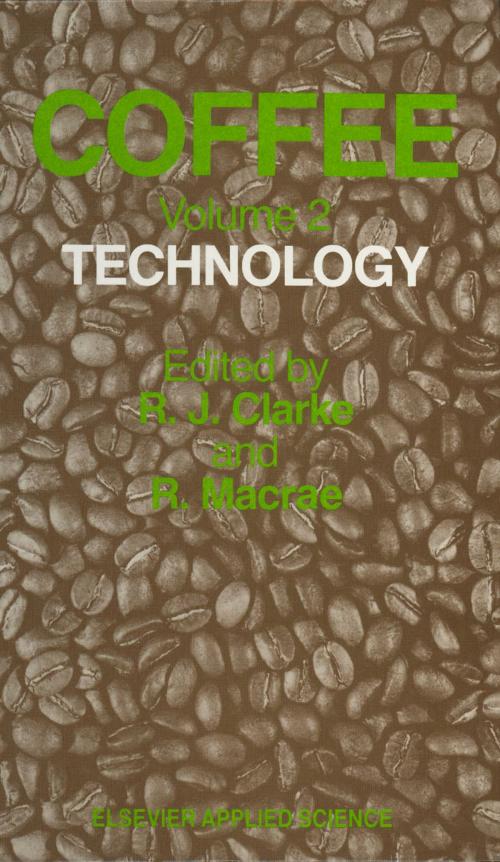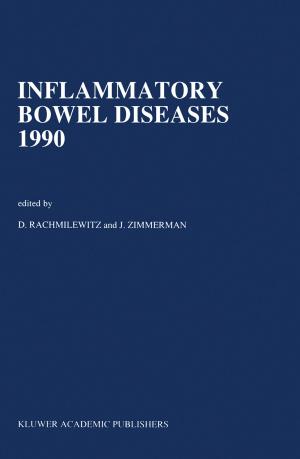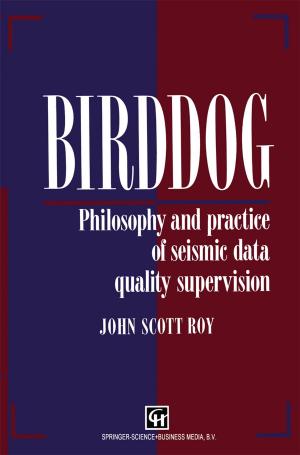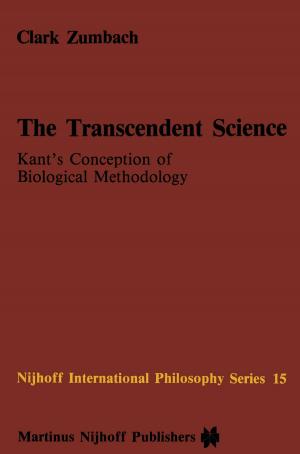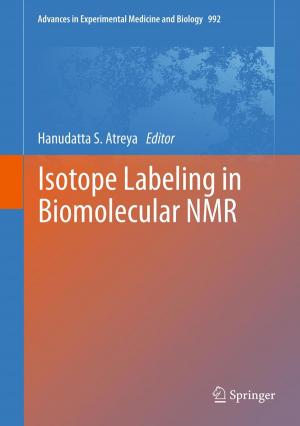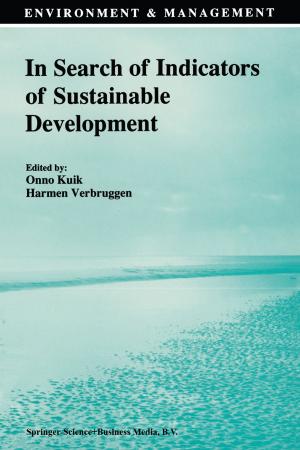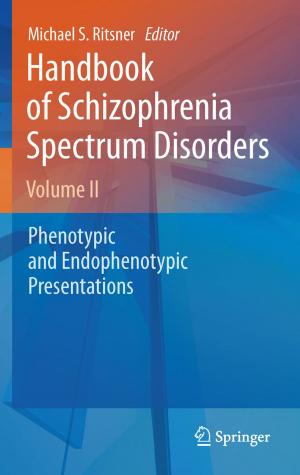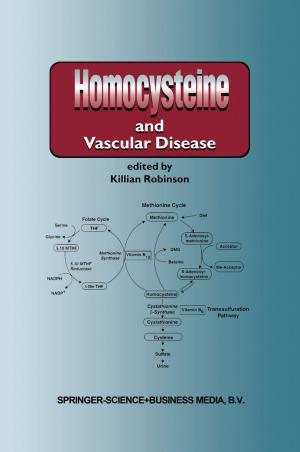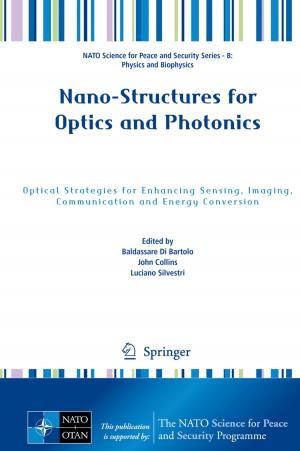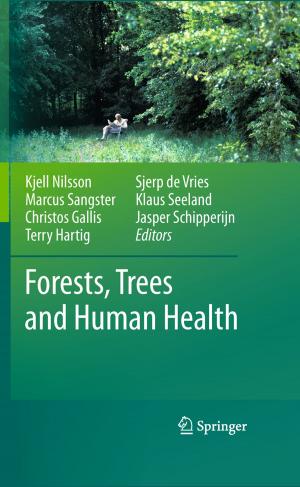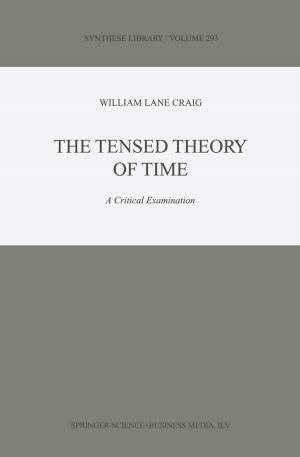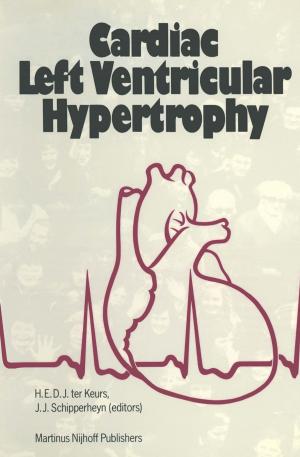Coffee
Volume 2: Technology
Kids, Natural World, Nonfiction, Reference & Language, Education & Teaching, Science & Nature, Science| Author: | ISBN: | 9789400934177 | |
| Publisher: | Springer Netherlands | Publication: | December 6, 2012 |
| Imprint: | Springer | Language: | English |
| Author: | |
| ISBN: | 9789400934177 |
| Publisher: | Springer Netherlands |
| Publication: | December 6, 2012 |
| Imprint: | Springer |
| Language: | English |
The present volume, Volume 2 in this planned series on coffee, deals with processing and follows on naturally from the first volume on the chemistry of coffee, which described its numerous constituents in the green (raw) and various product forms. We have already remarked that coffee has great compositional complex ity, and this complexity of understanding extends when we come to that is, the many processes involved in the roasting consider its processing; of green coffee and its subsequent conversion into a consumable brew, especially through extraction and drying into an instant coffee. The simple brewing of roasted and ground coffee with water in the home also possesses considerable mystique and needs know-how for optimal results. The choice of green coffees from an almost bewildering array of different types available, through species/variety differences and different methods of processing from the coffee cherry to the green coffee bean, needs understanding and guidance. Furthermore, various forms of pre-treatment of green coffee before roasting are available. Some of these are little known, but others such as decaffeination, for those who desire roasted or instant coffee with little or no caffeine, are now becoming well established. Finally, both the processing of coffee cherries to coffee beans, leaving a range of different waste products (pulp, hulls, husk, parchment, etc.), and of roasted coffee after industrial aqueous extraction, leaving spent coffee grounds, provide waste products that have found considerable commercial value in different ways.
The present volume, Volume 2 in this planned series on coffee, deals with processing and follows on naturally from the first volume on the chemistry of coffee, which described its numerous constituents in the green (raw) and various product forms. We have already remarked that coffee has great compositional complex ity, and this complexity of understanding extends when we come to that is, the many processes involved in the roasting consider its processing; of green coffee and its subsequent conversion into a consumable brew, especially through extraction and drying into an instant coffee. The simple brewing of roasted and ground coffee with water in the home also possesses considerable mystique and needs know-how for optimal results. The choice of green coffees from an almost bewildering array of different types available, through species/variety differences and different methods of processing from the coffee cherry to the green coffee bean, needs understanding and guidance. Furthermore, various forms of pre-treatment of green coffee before roasting are available. Some of these are little known, but others such as decaffeination, for those who desire roasted or instant coffee with little or no caffeine, are now becoming well established. Finally, both the processing of coffee cherries to coffee beans, leaving a range of different waste products (pulp, hulls, husk, parchment, etc.), and of roasted coffee after industrial aqueous extraction, leaving spent coffee grounds, provide waste products that have found considerable commercial value in different ways.
